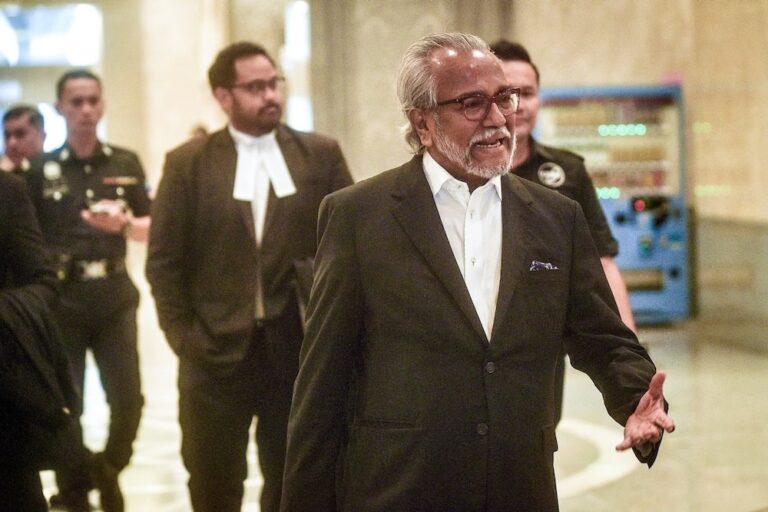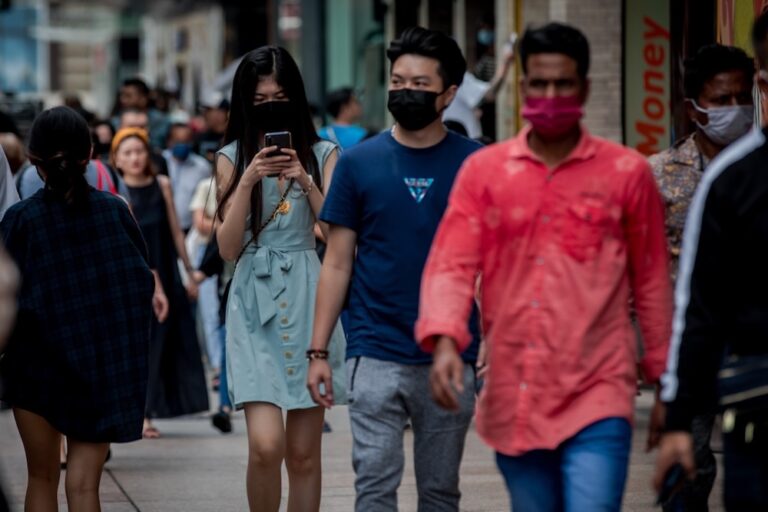(SEAPA/IFEX) – The Malaysian minister for information is considering classifying bloggers as “professional” or “non-professional” in a move to curb libel on the Internet. The suggestion follows a move by the ministry to set up a unit to monitor the Internet and counter “lies and slander” found online. The minister, Zainuddin Maidin, claimed the classification […]
(SEAPA/IFEX) – The Malaysian minister for information is considering classifying bloggers as “professional” or “non-professional” in a move to curb libel on the Internet.
The suggestion follows a move by the ministry to set up a unit to monitor the Internet and counter “lies and slander” found online.
The minister, Zainuddin Maidin, claimed the classification system would help people determine the veracity of the information put out by any given blogger. He defined a “professional” blogger as one who would be more responsible in ensuring that his/her blog is based on the truth and not rumours.
He did not elaborate on the evaluation criteria or the mechanism for screening the thousands of bloggers within and outside the country.
A suggestion to register bloggers who are using local servers was turned down by Prime Minister Abdullah Ahmad Badawi on 10 April 2007.
When contacted, Sonia Randhawa, executive director for the Centre for Independent Journalism, said the move was “obviously unworkable” as it would likely lead to a rush to migrate to overseas servers, “which not only renders the policy ineffective, but also undermines Malaysia’s stated policy goal of being at the forefront of the global ICT industry”.
As regards classifying bloggers, she said, “We’re looking at a situation where some spurious definition of ‘professional’ is going to be used to try to undermine independent bloggers. The most likely result would be a replication of what we see in the (local) mass media – if you are a registered professional blogger, you’re unlikely to be seen as independent and it would be a blow to your credibility rather than strengthening it!”
Blogs are becoming the bane of the authorities in a country where the government controls the mainstream media and is repressing public disquiet over a series of events that exposed the overlapping jurisdiction of the syariah law, which governs the family affairs of Muslims in the Islam-dominated land, and the Constitution, the highest law of the land. Zainuddin, in suggesting the move to classify bloggers, had at the same time warned them against raising matters “enshrined” in the Constitution, such as the special position of the Malays, the Rulers and Islam.
Meanwhile, two bloggers, Jeff Ooi and Ahirudin Attan, are being sued for libel by a leading news group, the New Straits Times Press, and several of its top executives, over postings on their blogs, Screenshots ( http://www.jeffooi.com ) and Rocky’s Bru ( http://www.rockybru.blogspot.com ).
Yet blogs found an unexpected new ally in journalists when, on World Press Freedom Day, the National Union of Journalists urged authorities to recognise blogging as a new medium of information. The call was made in support of a move by bloggers to register as an association to protect their rights and promote blogging.


